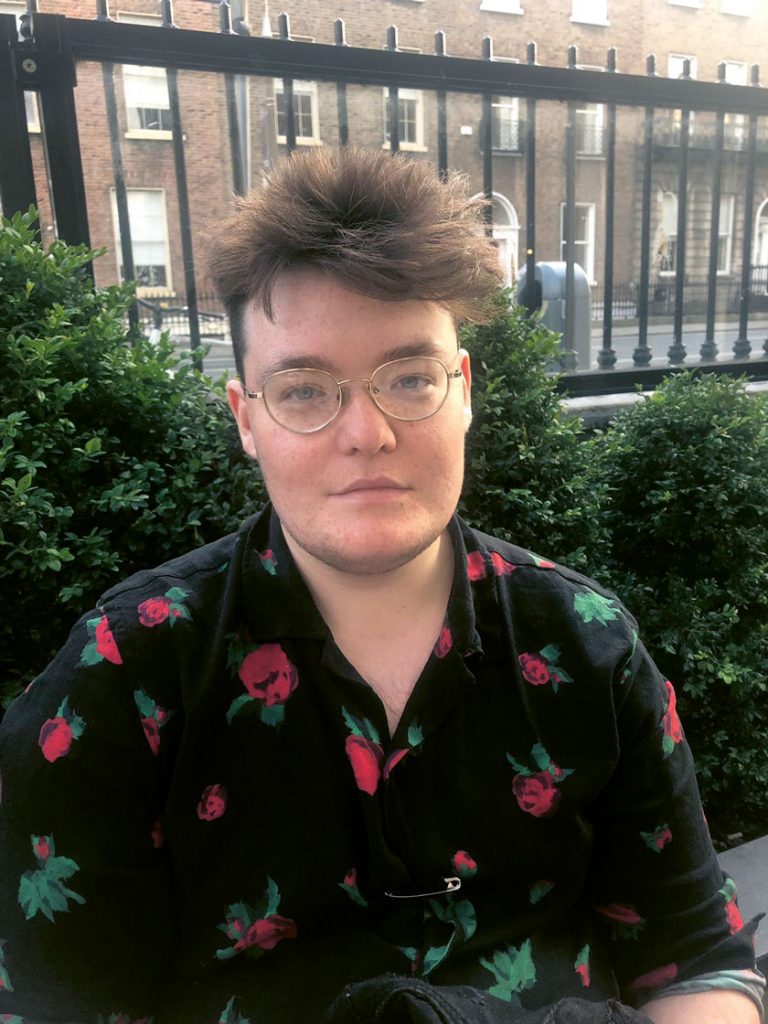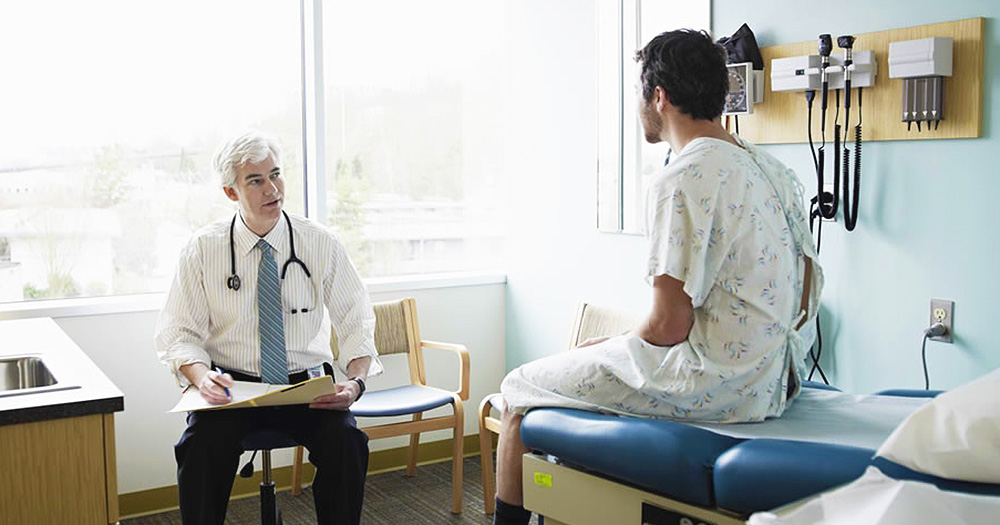Back in college, we had to study Waiting for Godot by Samuel Beckett. You’re probably familiar with the story – two men sit around, waiting for a third to appear. Their wait is indefinite and uncertain and the character is mysterious. This is what transitioning in Ireland is like, only imagine the third figure to be the HSE.
When I started my transition back in 2015, my main reference point was Max from The L Word. Aside from the dodgy mid-‘00s representation, I don’t even want to try and count the times I rewound each episode just to watch Max discover his own transness, and through him, I found the words to express my own.
Transition seemed simple and straightforward on American TV. I imagined that it would be like visiting the doctor for tonsillitis or something like that. Two diagnoses from two separate psychologists later and I was still facing a 12-month wait until my first appointment at the infamous Loughlinstown Hospital (or L-Town, as it’s not-so-affectionately known online).
I was relatively lucky, though I didn’t know it at the time. In 2019, the average wait time to access HRT (hormone replacement therapy) through the HSE is 28-33 months. That means that if you started your transition today, there would be at least 35 new seasons of RuPaul’s Drag Race by the time you got your hormones.
Currently, there are three endocrinology clinics open to trans people in this country – in Dublin, Galway and Louth. Three. It comes as no surprise to me that every week on social media, I see dozens of GoFundMe pages launched and shared by young trans people in Ireland who just can’t bear to wait any longer for the healthcare they should have a right to access as residents of Ireland.
This wait time is beyond ridiculous. It’s dehumanising to all transgender people in Ireland that we are not even guaranteed the right to transition on our own terms, that this gatekeeping of essential, life-saving medical treatment until we are proven to be ‘sane’, is the norm in this country. Instead of respect, we are treated with total apathy at best, and dangerous ignorance at worst.
Imagine it’s flu season. You get a cold and decide to go to the doctor. You get to the doctor and he tells you that he doesn’t believe your symptoms, he refuses to treat you until you see two other doctors first. Doesn’t that sound like something out of Black Mirror?
My first appointment at Loughlinstown hospital was a day to remember for reasons both good and bad. Starting hormones felt like pressing play on the life that had been put on hold by all of the red tape that had been put in the way. I remember feeling like I was in drag that day because I heard from a friend that you were more likely to get hormones on your first appointment if you really butched it up. I was wearing a plaid shirt over a GAA jersey, so clearly I’d taken the memo to heart.

I remember sitting in a long row in a corridor lined with other trans people waiting for their appointments. There was a comforting sort of solidarity in our silence as we sat, waiting separately but together, our changing facial expressions reflected in one another. First we were nervous, then bored and eventually angry as we collectively realised it was going to be a long day of waiting.
It’s a helpless feeling to be dependent on a healthcare system that continues to sideline you time and time again. It’s more than frustrating to know that there is an average wait time of five years for trans masculine people seeking top surgery on the HSE.
The WHO (World Health Organisation) dropped transgender identities as ‘mental health or behavioural disorders’ and yet the Irish healthcare system still forces transgender people to have this diagnosis in order to access hormones or surgery.
It would be easy, as transgender people, to feel defeated by this system but the LGBT+ community is, and has always been, known for resilience. At last week’s second annual Trans Pride, over 1,000 people took to the streets to march in support of transgender rights in Ireland.
As support for transgender people becomes more and more widespread, it’s time for the healthcare system to catch up, or stay on the wrong side of history.
This story originally appeared in GCN’s August 2019 issue. Read the full issue here.
© 2019 GCN (Gay Community News). All rights reserved.
Support GCN
GCN is a free, vital resource for Ireland’s LGBTQ+ community since 1988.
GCN is a trading name of National LGBT Federation CLG, a registered charity - Charity Number: 20034580.
GCN relies on the generous support of the community and allies to sustain the crucial work that we do. Producing GCN is costly, and, in an industry which has been hugely impacted by rising costs, we need your support to help sustain and grow this vital resource.
Supporting GCN for as little as €1.99 per month will help us continue our work as Ireland’s free, independent LGBTQ+ media.
